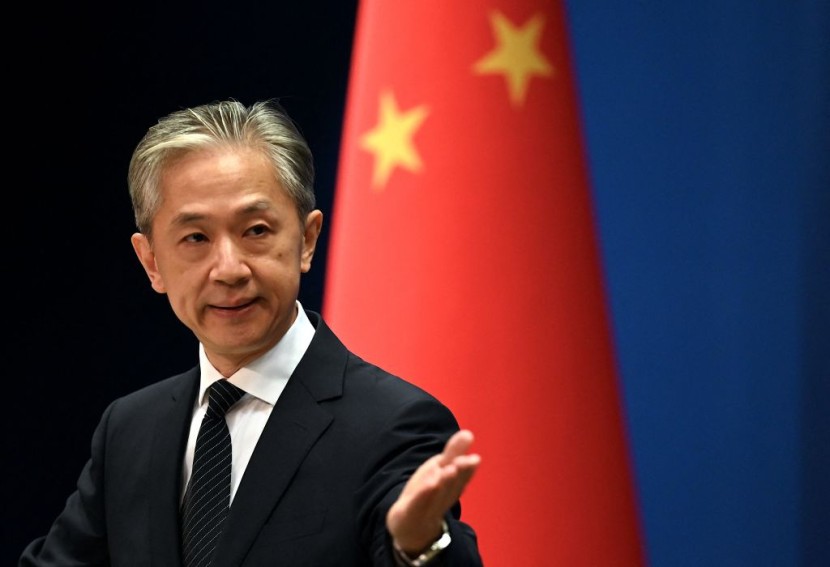
After announcing an agreement for nuclear-powered submarines, China warned Australia, the United Kingdom, and the United States that they were on a "road of mistake and danger" after announcing an agreement for nuclear-powered submarines.
Australia stated on Monday that it would purchase up to five nuclear-powered submarines from the United States and then create a new model using American and British technology as part of an ambitious strategy to bolster Western influence in the Asia-Pacific in the face of China's rise.
China Reacts Over AUKUS Nuclear Submarines Deal
According to US President Joe Biden, Australia, which joined the newly created AUKUS alliance with Washington and London 18 months ago, will not receive nuclear weapons. Nonetheless, acquiring nuclear-powered submarines places Australia in an exclusive club and at the forefront of US-led efforts to counter Chinese military growth.
Per News18, foreign ministry spokesman Wang Wenbin accused the three Western allies of encouraging a weapons race on Tuesday, describing the security agreement as "classic Cold War thinking."
The sale of submarines "constitutes a significant nuclear proliferation danger and breaches the Non-Proliferation Treaty's aims and objectives," Wang stated during a routine news conference. Xi Jinping has vowed to transform China's military into a 'Great Wall of Steel' in response to the alliance. In contrast, Chinese state media have highlighted a series of dire warnings from local military experts.
Chen Hong, director of the Australian Studies Institute in China, said the agreement is a "time bomb" that would likely heighten tensions between the two countries. The Chinese military expert Song Zhongping referred to the collaboration on nuclear-powered submarines as a "costly error."
Xi recently replaced key security officials with his close supporters, and it is anticipated that China's governing elite would have greater influence over security affairs. He stated that China must fight the involvement of external forces and combat pro-independence efforts in Taiwan, an island Beijing claims as its own but is currently self-governed.
Mao Ning, a spokesperson for the Chinese Foreign Ministry, stated last week, before the contract terms were known, that Beijing believes AUKUS presents a danger to world security and promotes an arms race.
On Tuesday, President Biden reassured the worldwide audience that the submarines would not be "nuclear-armed." They are instead nuclear-powered, allowing them to remain submerged for lengthy periods, according to Daily Mail.
Read Also : Russian Death Toll in Bakhmut, Revealed
Australia Slams China's Assertion
Meanwhile, Penny Wong, the Australian minister for foreign affairs, has responded to China's response to Aukus by asserting that its concerns about the nuclear-powered submarine contract are "not founded in truth."
Wong also indicated in an interview that she wanted to make more trips to southeast Asia and the Pacific to reassure the region that Australia had no intention of escalating military tensions, The Guardian reported.
Following the introduction of a multi-decade strategy that might cost up to $368 billion between now and the middle of the 2050s, Wong stated that no sane observer could infer that Australia was the cause of a regional arms race.
Hours after the United States, the United Kingdom, and Australia announced their Aukus plans, China's foreign ministry reiterated its long-held stance that the deal reflected "a typical Cold War mentality" that would stimulate an arms race and "sabotage" the international nuclear non-proliferation system.
China's delegation to the United Nations condemned the "irony" of "two nuclear weapon nations claiming to adhere to the strictest nuclear non-proliferation norm transferring tons of weapons-grade enriched uranium to a non-nuclear weapon state."
According to Wong, Australia has been "quite clear" that it would not acquire nuclear weapons. She also stated that "several other countries" own nuclear-powered submarines, which the NPT permits.
@YouTube
© 2025 HNGN, All rights reserved. Do not reproduce without permission.








